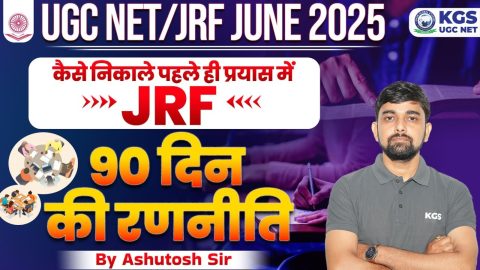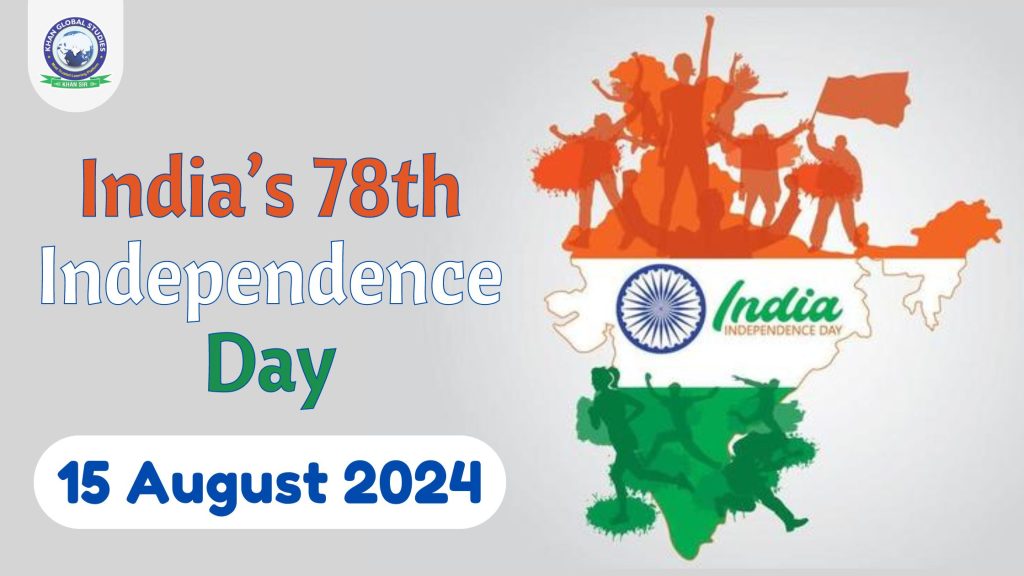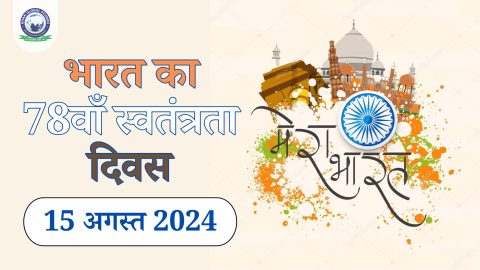India will celebrate its 78th Independence Day on Thursday, August 15, 2024. The day is an important milestone in the history of India, marking the country’s independence from British colonial rule, which was achieved after a long struggle on August 15, 1947.
Remembering the Sacrifices
Independence Day commemorates the countless sacrifices made by freedom fighters who tirelessly fought for India’s liberation. The first official celebration took place in 1948, ushering in a new era for the country.
Each year, the nation reflects on its journey since independence, celebrating achievements and embracing the rich cultural diversity that defines India. The day is also a time to recognise the country’s progress over the decades.
History of Indian Independence
India’s struggle for independence was a long journey lasting over a century. The British East India Company came to India as traders in the early 17th century, but gradually took control of the country’s resources and eventually colonized the country. By the 19th century, India was a direct colony under British Crown rule.
Years of oppression led to resistance from various groups, eventually forming the Indian National Congress (INC). Initially a forum for political dialogue, the INC became the leader of India’s fight for independence.
The real impetus for the independence movement came with the arrival of Mahatma Gandhi. Under his leadership, the principles of non-violent resistance, or ‘satyagraha’, became widely known. Gandhi’s peaceful protests led to important movements such as the Non-Cooperation Movement, the Civil Disobedience Movement, and the Quit India Movement.
As World War II weakened British control, the demand for independence became unstoppable. The efforts of many freedom fighters as well as global geopolitical changes brought India independence. After years of struggle, India was finally declared an independent nation on August 15, 1947, ending more than 200 years of colonial rule.
Significance of Independence Day
Independence Day is the moment when all the sacrifices and struggles become worthwhile. It marks the end of British oppression and the birth of a sovereign nation.
Today Independence Day symbolizes justice, equality, and the right to self-determination. Although we have not personally experienced the sacrifices made during the struggle for independence, this day reminds us of the value of freedom.
Important Facts About India’s Independence Day
Independence and Partition
India’s independence on August 15, 1947, also brought the partition of India and Pakistan. This period is known for the displacement of people and communal violence, a sad chapter in history.
First Speech
On the eve of Independence Day, India’s first Prime Minister Pandit Jawaharlal Nehru delivered his famous ‘Tryst with Destiny’ speech. He declared, “At midnight, when the world sleeps, India will awake to life and freedom.”
Tricolour (Indian Flag)
The Indian national flag, designed by Pingali Venkaiah, was adopted in its current form on July 22, 1947. The tricolour represents India’s values: saffron for courage and sacrifice, white for peace and truth, and green for faith. The Ashoka Chakra in the middle symbolizes justice.
High security
Due to the importance of this day, security is beefed up across the country, especially in Delhi. The Red Fort, where the Prime Minister hoists the flag, is under tight security, and the airspace is restricted during the ceremony.
Ongoing Struggle
While British rule ended on August 15, 1947, the journey toward a united and peaceful nation continued for years. Partition led to violence, communal riots, and loss of life and property, leading to chaos and suffering.
Freedom Fighters
Independence Day is a tribute to the many freedom fighters who contributed to India’s independence. Leaders like Lala Lajpat Rai, Mahatma Gandhi, Subhash Chandra Bose and Bhagat Singh played a key role in the fight against British rule using both non-violent and militant methods.
Women in the Freedom Struggle
The role of women in India’s freedom struggle is often overlooked. However, personalities like Rani Lakshmibai and Sarojini Naidu played a key role in Mother India’s fight for freedom.
Independence Day 2024: Theme and Celebrations
The theme for Independence Day 2024 is “Developed India”. The theme matches the Government of India’s vision of transforming the country into a developed nation by 2047, which coincides with the centenary of Independence.
As per tradition, the ceremony will take place at the historic Red Fort in Delhi, where the Prime Minister will hoist the national flag and deliver a speech.
Where to watch PM Modi’s speech
Prime Minister Narendra Modi will hoist the national flag at 7:30 am. After the flag hoisting, PM Modi will address the nation, reflecting on past achievements and outlining future goals. The event will be telecast live on:
- Doordarshan (national broadcaster)
- Press Information Bureau via YouTube
- Social media platforms such as X (formerly Twitter) on handles such as @PIB_India and PMO
Independence Day 2024: Guest List
This year’s celebrations will be attended by over 4,000 special guests from various fields. PM Modi has highlighted the role of farmers, youth, women and the poor as the “four pillars of a developed India”. These groups feature prominently in the guest list. Around 18,000 e-invitation cards have been issued for the event.
The special guests accompanying family members will be categorised as follows:
- 1,000 from Agriculture and Farmer’s Welfare
- 600 from Youth Affairs
- 300 from Women and Child Development
- 300 from Panchayati Raj and Rural Development
- 300 from Tribal Affairs
- 200 from School Education and Literacy
- 200 from Border Roads Organisation/Ministry of Defence
- 150 from Health and Family Welfare
- 150 from Sports
- 1,200 from Niti Aayog
Apart from celebrations, the government is encouraging public participation through initiatives such as the Har Ghar Tiranga movement, urging citizens to proudly hoist the national flag at their homes and businesses.




